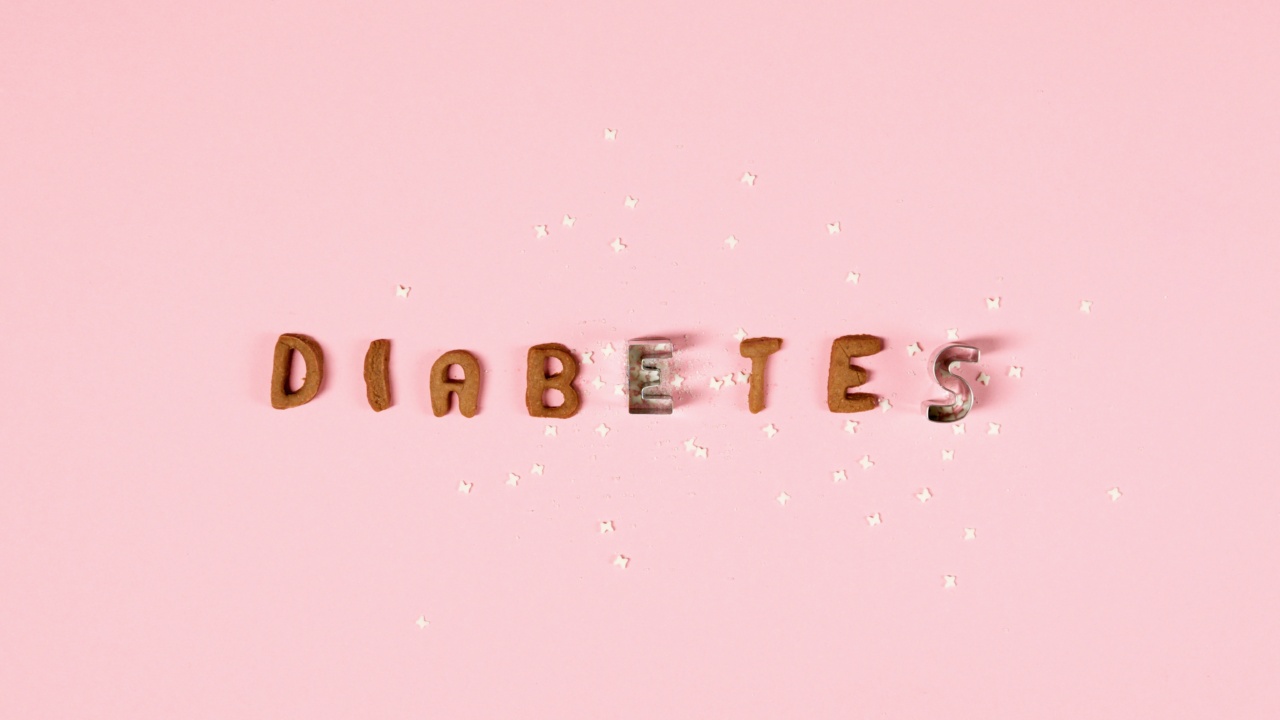Type 2 diabetes, often referred to as adult-onset diabetes, is a chronic condition that affects the way your body metabolizes glucose (sugar). It is characterized by high blood sugar levels, insulin resistance, and inadequate insulin production.
While genetic factors play a role, lifestyle choices such as diet and exercise also contribute to the development of type 2 diabetes. In recent years, there has been a growing concern about the role of sugar beverages in the development of this condition. This article delves into the impact of sugar beverages on type 2 diabetes and the importance of making healthier beverage choices.
The Link Between Sugar Beverages and Type 2 Diabetes
Sugar beverages, including soda, fruit juices, energy drinks, and sweetened teas, are high in added sugars. Consuming excessive amounts of added sugars has been linked to an increased risk of developing type 2 diabetes.
These beverages not only contribute to weight gain and obesity but also cause a rapid and significant spike in blood sugar levels. The high sugar content overloads the body’s ability to produce sufficient insulin, leading to insulin resistance over time. This insulin resistance is a key factor in the development of type 2 diabetes.
Sugar-Sweetened Beverages and Obesity
Obesity is a well-known risk factor for type 2 diabetes, and the consumption of sugar beverages plays a significant role in weight gain and obesity.
These beverages provide empty calories, meaning they lack essential nutrients while being high in calories. Moreover, liquid calories do not promote the same level of fullness as solid foods, resulting in increased overall calorie intake.
Studies have consistently shown a strong association between regular consumption of sugar beverages and weight gain, obesity, and ultimately, an increased risk of type 2 diabetes.
The Glycemic Index and Sugar Beverages
The glycemic index (GI) measures how quickly a food or beverage raises blood sugar levels. Sugar beverages tend to have a high GI due to their high sugar content.
When consumed, they cause a rapid increase in blood sugar levels, leading to a surge in insulin production to counteract this spike. Over time, the body’s insulin response may become inefficient, resulting in insulin resistance and an increased risk of type 2 diabetes.
Choosing beverages with a lower GI, such as unsweetened tea or water, can help stabilize blood sugar levels and reduce the risk of developing diabetes.
The Role of Fructose in Sugar Beverages
Fructose is a type of sugar commonly found in sugar-sweetened beverages. While all sugars can contribute to weight gain and diabetes risk, fructose has been found to have a more detrimental impact on the body.
Unlike glucose, which is metabolized by cells throughout the body, fructose is primarily metabolized by the liver. Excessive fructose consumption can overload the liver, leading to fatty liver disease and insulin resistance, both of which are risk factors for developing type 2 diabetes.
It is important to note that even natural fruit juices, which contain fructose, should be consumed in moderation.
Healthier Alternatives to Sugar Beverages
Reducing or eliminating the consumption of sugar beverages is a crucial step in preventing and managing type 2 diabetes. Instead of reaching for a sugary soda or energy drink, consider these healthier alternatives:.
1. Water
Water is the best beverage choice for staying hydrated without any added sugars or calories. Adding a slice of lemon or cucumber can provide a refreshing twist.
2. Herbal Teas
Herbal teas, such as chamomile or peppermint, offer a tasty and sugar-free option. They can be enjoyed hot or cold.
3. Unsweetened Coffee
A cup of black coffee without any added sugar or cream is a calorie-free choice. Avoid fancy coffee beverages loaded with syrups and whipped cream.
4. Sparkling Water
For those who crave carbonation, sparkling water can be a great substitute for soda. Look for sugar-free and unsweetened varieties.
5. Unsweetened Iced Tea
Iced tea, when brewed without added sweeteners, is a refreshing option. You can add a squeeze of lemon or a sprig of mint for extra flavor.
6. Milk or Plant-Based Alternatives
Low-fat or non-fat milk, as well as unsweetened plant-based milk alternatives like almond or soy milk, can be enjoyed in moderation. Just be mindful of the sugar content in flavored options.
7. Infused Water
Infusing water with fruits, vegetables, or herbs is a great way to add flavor without adding sugar. Try combinations like strawberry-basil or cucumber-mint.
8. Homemade Smoothies
If you enjoy fruit-based beverages, making your own smoothies at home allows you to control the ingredients. Opt for whole fruits instead of juice to maintain fiber content.
9. Coconut Water
Coconut water is a natural, hydrating beverage that offers electrolytes and a slightly sweet taste. Choose brands without added sugar or flavors.
10. Diluted Fruit Juice
If you prefer fruit juices, diluting them with water can reduce the sugar content while still providing some flavor. Aim for a 1:1 ratio or less.
Conclusion
Sugar beverages have a significant impact on the development and management of type 2 diabetes.
Their high sugar content, association with obesity, and rapid rise in blood sugar levels make them a contributing factor to insulin resistance and diabetes risk. By opting for healthier beverage choices such as water, herbal teas, or unsweetened options, individuals can reduce their risk of developing type 2 diabetes and improve their overall health.




























